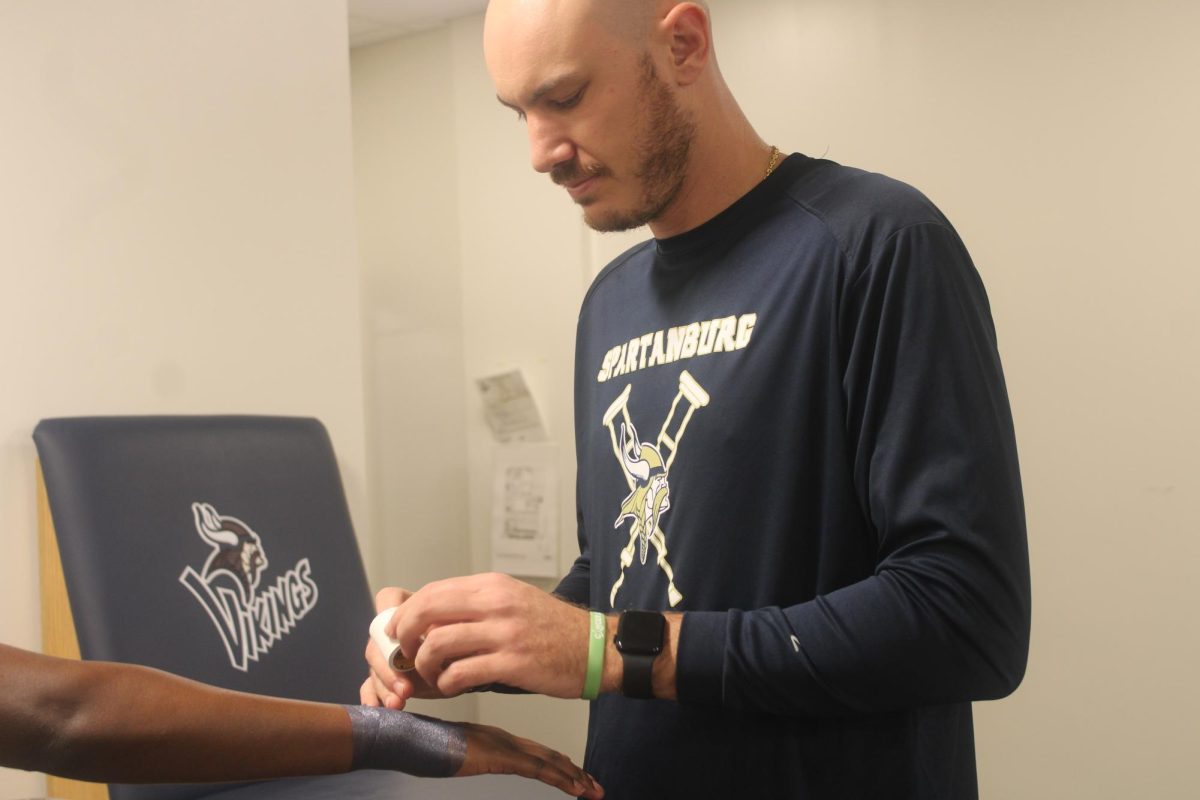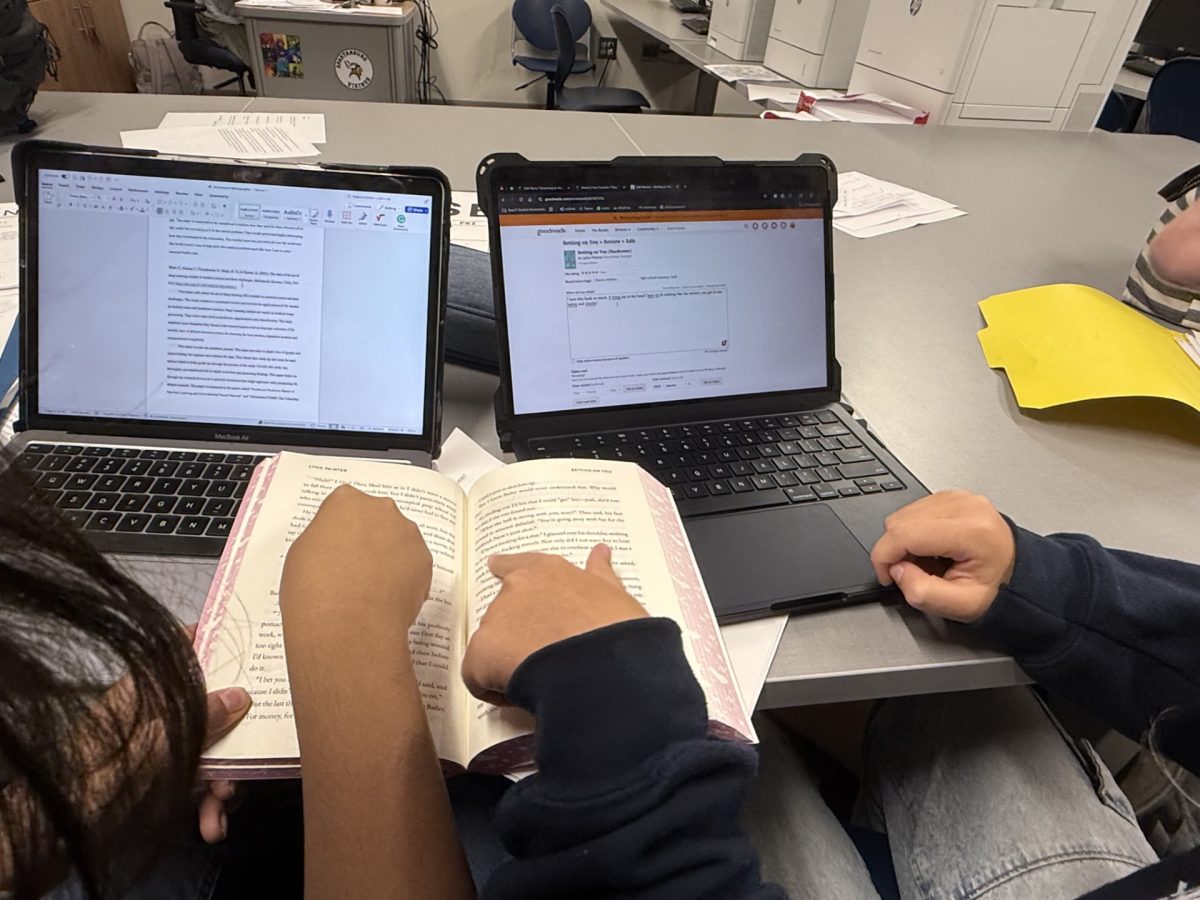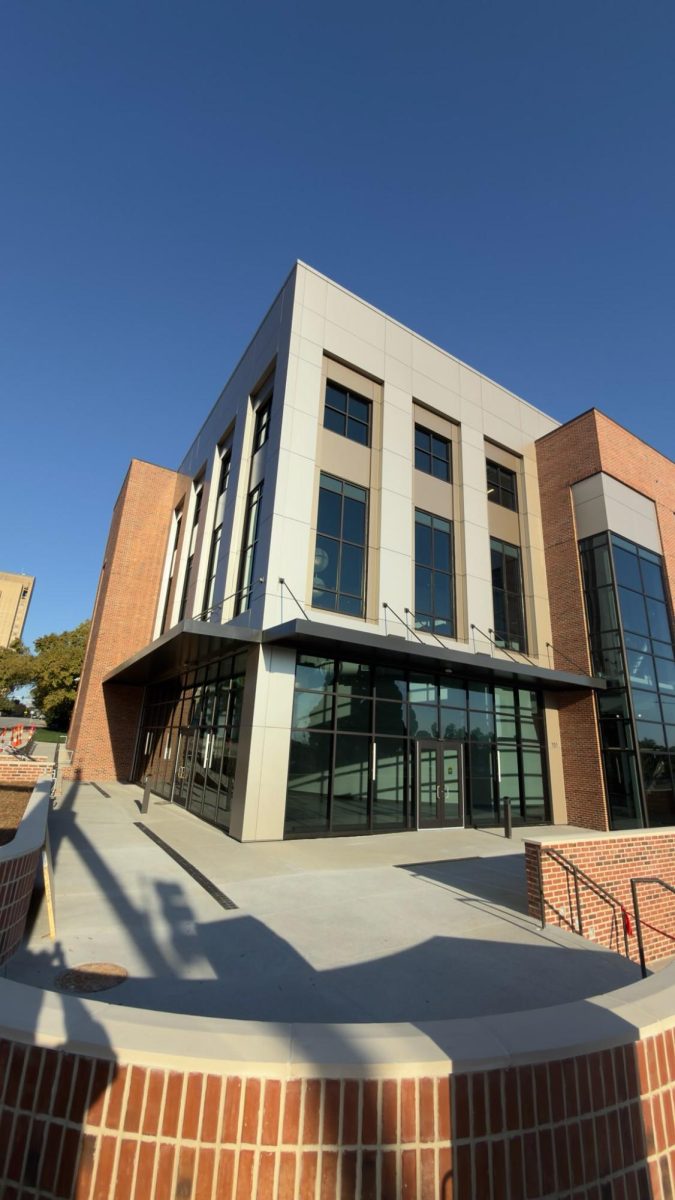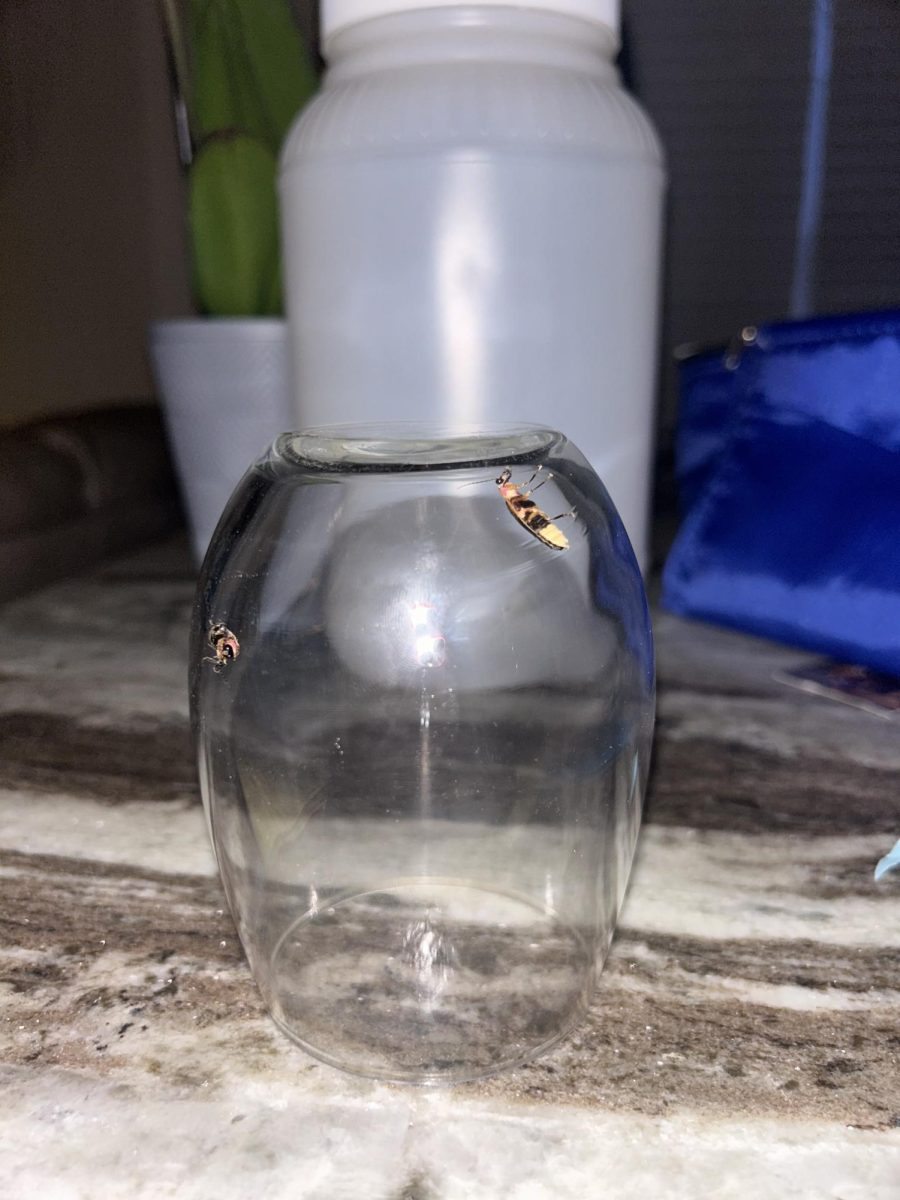Earth Day, celebrated every year on April 22, is an opportunity to highlight the care of our planet and a more sustainable future. This year, more than ever before, action is necessary. During March of this year, fires in western North Carolina burned up forests, impacting wildlife and polluting the air and reminding us just how much our environment is at risk. These fires are a reminder that human behavior and global warming are causing more and more problems for our planet.
These fires were driven by dry conditions, strong winds, and human actions, burned large areas of forests, changing the landscape of Western North Carolina’s wildlife habitats and forced families to evacuate from their homes. The fires even pushed their smoke all the way to Spartanburg, making air quality worse here. As climate change makes conditions hotter and drier, the frequency of wildfires is increasing. This is why local efforts to protect our environment are so important.
Even though the wildfire crisis can feel overwhelming, Spartanburg High School (SHS) students can make a big difference by acting and spreading awareness. One way students can contribute is through relief efforts.
Seher Islam (9) takes part in Earth Day activism every year,
“Every Earth Day, my mother and I buy a few trees, and after doing research, we plant them where we think they would benefit the environment. A tree we planted 10 years ago is now thriving and 20 feet tall. In our efforts, we hope to improve biodiversity and improve air quality around our community,” Islam said.
Students can organize or take part in donation drives to support families affected by wildfires and wildlife rescue groups. Another way is to raise awareness about fire prevention. Sharing tips on social media about fire safety and encouraging others to practice responsible outdoor habits can reduce the risk of human-caused fires.
In addition to helping out with relief, students can get involved in local community and school initiatives. For example, SHS provides a recycling initiative that helps students learn to use the recycling cans correctly and reduce single-use plastics. Another way students can contribute is by participating in local clean-up events. River and park Earth Day clean-ups help eliminate litter and keep the world clean. Also, Advanced Placement Environmental Science (APES) students were tasked with making a poster to spread Earth Day awareness.
There are also small everyday habits that can make a big difference. Being mindful outdoors, following fire safety guidelines, and properly extinguishing campfires are simple but effective ways to help prevent wildfires.
Sydney Mullman (11) said she wants to bring awareness by word of mouth.
“I plan to continue talking and bring awareness to the active problems surrounding the Earth. I also want to post on social media. Personally, I do not eat commercial seafood or beef and always try to recycle and reduce my waste,” said Mullman.
Walking, biking, or carpooling to school, and conserving energy by turning off lights and appliances when not needed, are other easy ways of reducing our carbon footprint.
“Carpooling can reduce the carbon footprint of an average household by up to 2,000 pounds (1 ton) of CO₂e annually,” said Sustainable Transportation. Cool California, California Air Resources Board, coolcalifornia.arb.ca.gov.
This statistic highlights the environmental benefits of carpooling, along with the initiatives undertaken by SHS students.
Earth Day is not only about learning about the environment; it’s about taking action. SHS students can create a positive difference by making small but meaningful choices. Students can make a better world and save the planet by encouraging others to join and make a difference. The choices that we make today will lead to the protection of the environment for future generations.









